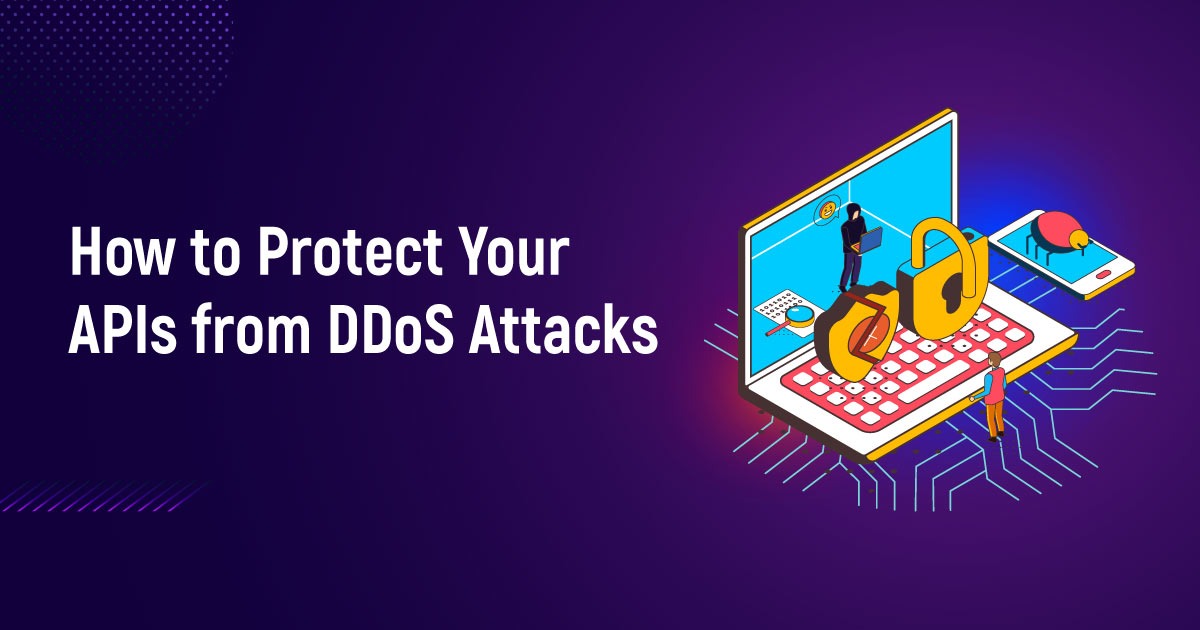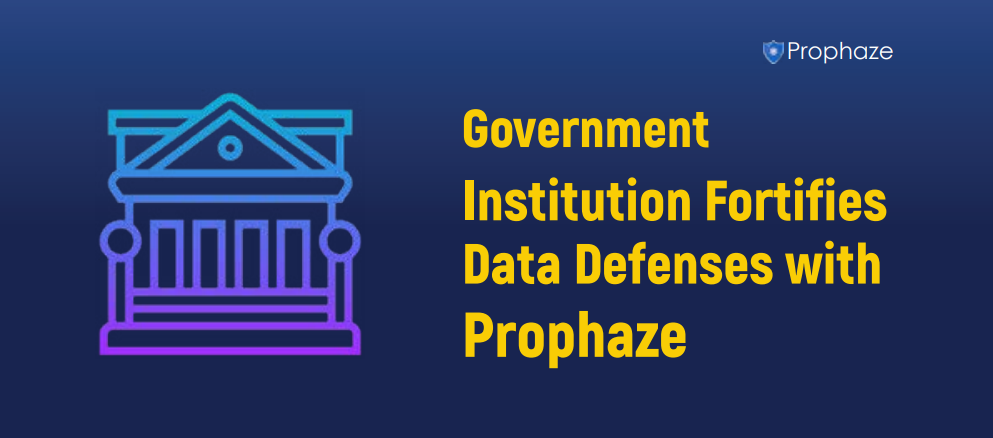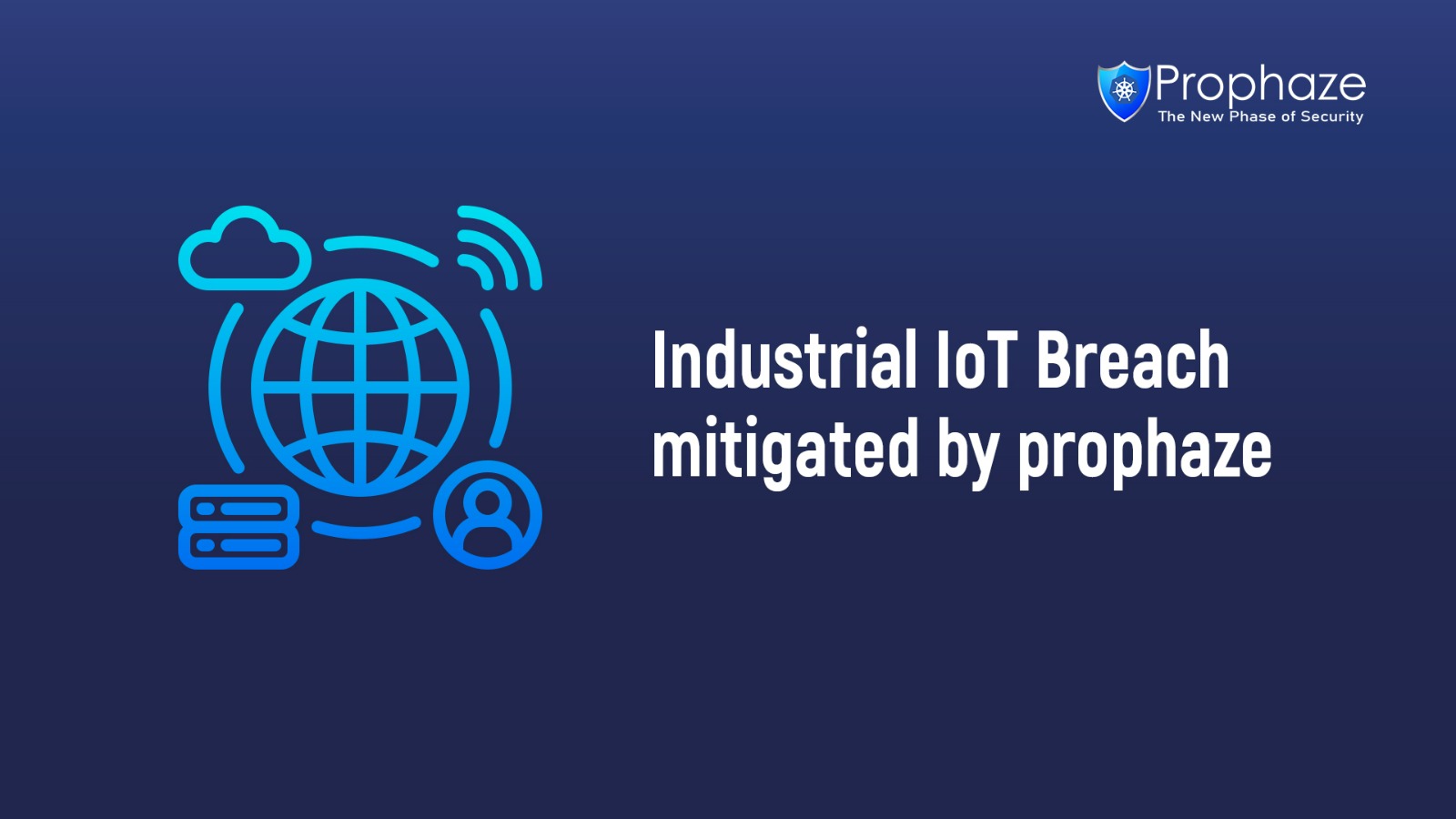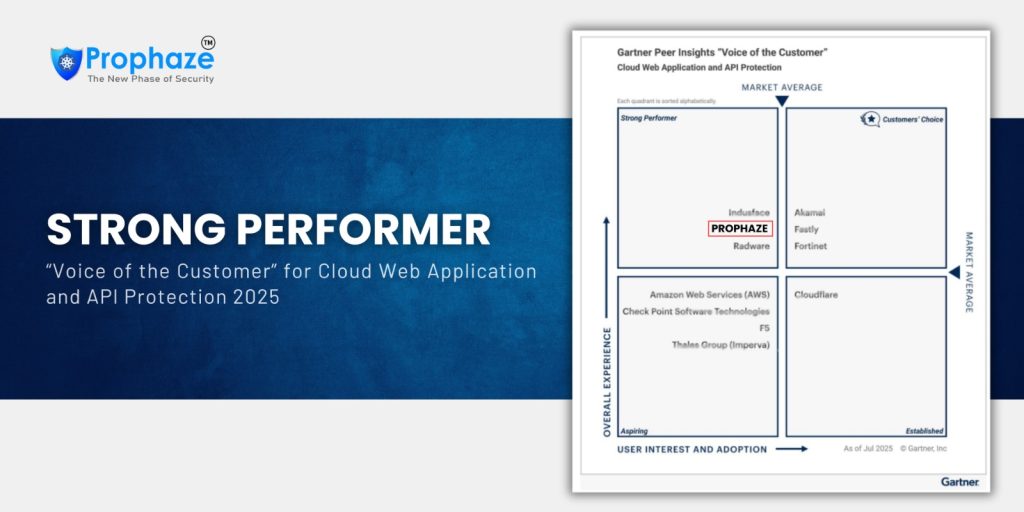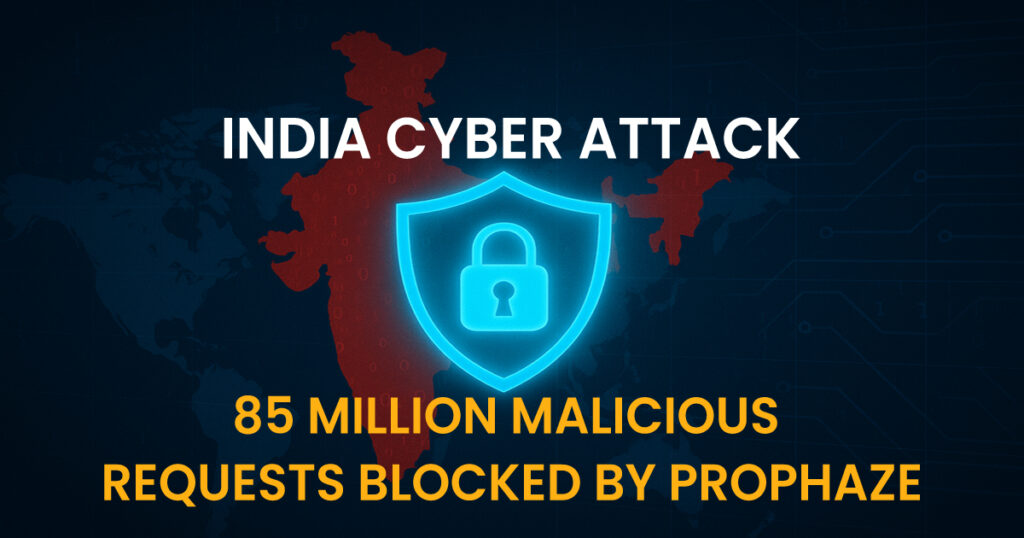In today’s digital age, application programming interfaces (APIs) play an important role in enabling applications to interact with each other. They are the backbone of modern web services. But with the rise of APIs, ensuring their security has become a priority. One of the most important threats to APIs is distributed denial of service (DDoS) attacks.
According to a recent report, API-related traffic now accounts for over 83% of all web traffic, and the number of DDoS attacks targeting APIs has increased by 250% in the past two years With such alarming statistics it has become imperative to maintain robust security measures for developing APIs.
Understanding APIs and Their Importance
An API is a set of rules that define how software applications should communicate. They integrate systems and services, improve efficiency, and improve the user experience. APIs are important in a variety of industries:
-
Finance: Enable secure data sharing between banking systems and third-party applications.
-
Healthcare: Make it easy to exchange patient information between healthcare providers, insurance companies, and EHR systems.
-
Retail: Integrate eCommerce platforms with payment gateways, inventory systems, and third-party logistics providers.
Given their primary roles, protecting APIs from potential threats is essential to maintaining service integrity and availability.
Overview of DDoS Attacks
Distributed denial of service (DDoS) attacks aim to overwhelm the target system with a stream of Internet traffic, making it inaccessible to legitimate users These types of attacks can be categorized by method spread out into three types.
-
Volumetric Attacks: The goal is to generate more traffic, taking up bandwidth.
-
Protocol attacks: Exploit vulnerabilities in network protocols by consuming server resources.
-
Application Layer Attacks: Use legitimate-looking requests to target specific components of the application.
DDoS attacks can cause significant downtime, financial loss, and damage to an organization’s reputation. APIs are especially vulnerable because they are public-facing.
How DDoS Attacks Exploit APIs
APIs can be susceptible to DDoS attacks due to several vulnerabilities:
-
Lack of Rate Limiting: APIs can be overwhelmed by a high volume of requests without proper rate limiting.
-
Insufficient Authentication and Authorization: Weak or missing authentication mechanisms can allow attackers to exploit APIs easily.
-
Unprotected Endpoints: Publicly exposed API endpoints without adequate security measures are easy targets.
Attackers use various techniques to launch DDoS attacks on APIs:
-
Botnets: Networks of compromised devices used to send massive amounts of traffic to the target.
-
Amplification Attacks: Exploit protocols that respond with more data than the initial request.
-
Application Layer Attacks: Send legitimate-looking requests to overwhelm the API's processing capabilities.
Preventing DDoS Attacks on APIs
To protect APIs from DDoS attacks, organizations should implement a multi-layered security approach, incorporating several best practices:
Rate Limiting and Throttling
Rate limiting controls the number of API requests at a given time, prevents abuse, and ensures efficient use of resources. The methods are Fixed Window, Sliding Window, and Token Bucket. Prophaze’s rate-limiting solution analyzes API usage patterns, applies endpoint-specific limits, and provides clear error messages and documentation.
Authentication and Authorization
Strong authentication and authorization mechanisms are crucial for API security. Implement protocols like OAuth and JWT, and employ Role-Based Access Control (RBAC) to restrict access based on user roles. Prophaze ensures robust authentication and authorization for API protection.
IP Whitelisting and Blacklisting
IP whitelisting allows only specified IP addresses while blacklisting blocks known malicious IPs. Regularly update IP lists using automated solutions integrated with your API gateway. Prophaze offers automated IP management to keep your IP lists current and secure.
Web Application Firewalls (WAFs)
A WAF filters and monitors HTTP traffic, protecting APIs from threats including DDoS attacks. Prophaze features real-time traffic monitoring, automated threat detection, customizable security rules, and integration with other security solutions.
Bot Management Solutions
Identify and mitigate malicious bot traffic using CAPTCHAs, behavioral analysis, and machine learning. Prophaze’s bot management solutions differentiate between good and bad bots, ensuring API security from bot-based DDoS attacks.
Traffic Analysis and Anomaly Detection
Continuous API traffic monitoring helps identify unusual patterns and potential threats. Use log analysis, network traffic analysis, and behavioral analysis for effective anomaly detection. Prophaze’s tools provide real-time insights and detect deviations from normal usage patterns.
Incident Response and Mitigation
Develop a robust incident response plan to handle DDoS attacks effectively.
Developing an Incident Response Plan
Key components include Preparation, Identification, Containment, Eradication, Recovery, and Lessons Learned. Establish clear roles, and communication plans, and coordinate with third-party providers. Prophaze’s incident response solutions ensure swift action and mitigation during DDoS attacks.
Ensuring API Reliability in the Face of DDoS Challenges

APIs are the lifeblood of modern digital ecosystems, enabling seamless interactions between disparate systems and services. However, their public-facing nature makes them vulnerable to DDoS attacks. Implementing robust security measures like rate limiting, strong authentication, IP whitelisting, WAFs, bot management, and continuous traffic analysis is crucial.
Prophaze’s comprehensive API security solutions help protect against these threats, ensuring service availability and integrity. In an era where digital services are critical, securing APIs against DDoS attacks is a strategic imperative.

